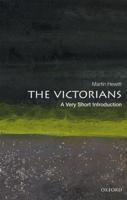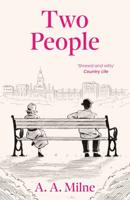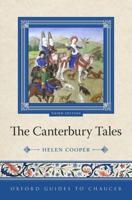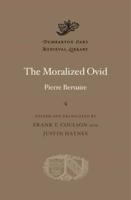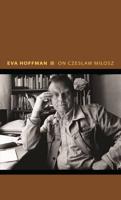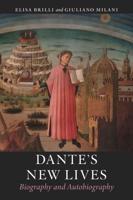Publisher's Synopsis
The lectures in this book are immensely Chomskyan in spirit, recursive-syntactic in nature, and tethered to a framework which takes as the null hypothesis the notion that language is an innate, pre-determined biological system-a system which by definition is multi-complex, human-specific, and analogous to a philosophy highly commensurate of Descartes' great proverbial adage which announces the calling for a 'ghost-in-the-machine'. The book begins with a gradual assessment of the kinds of complex constructs students of syntax need to work-up. Leading to the classic 'Four-Sentences'-each of which bears as a kind of post-mark its own decade of Chomskyan analysis-we trace the origins of generative grammar from the fields of child language acquisition (of the 1960s), to psycholinguistics (of the 1970s), to where we stand today within the Minimalist Program. Various spin-off proposals have been spawned by envisioned analyses which treat syntactic movement as the quintessential human processing-a processing which would give rise to human language. Such spin-offs include 'Proto-language' and a new treatment of the so-called morpho-syntactic 'Dual Mechanism Model'.




